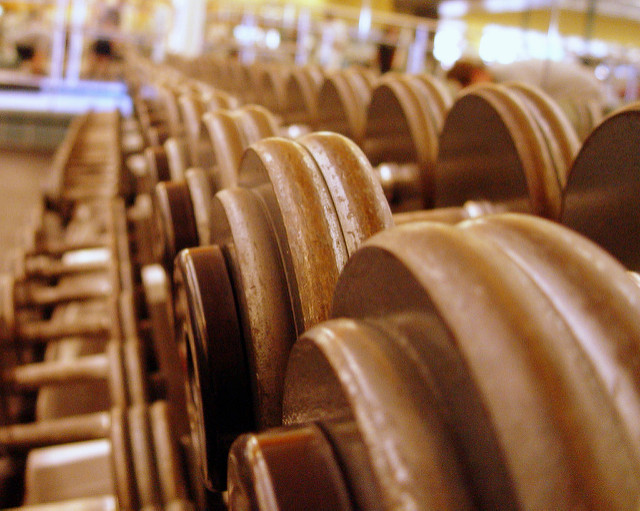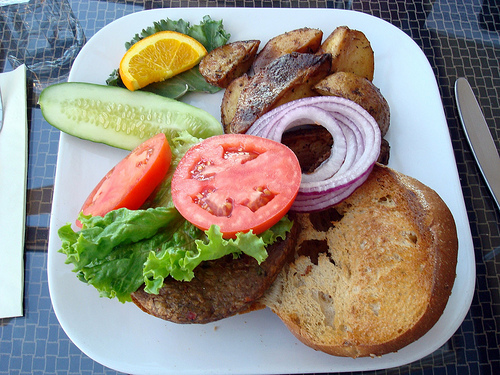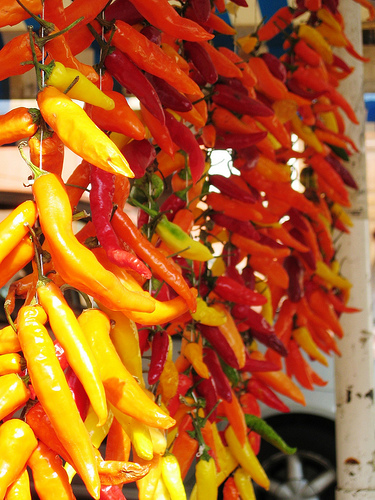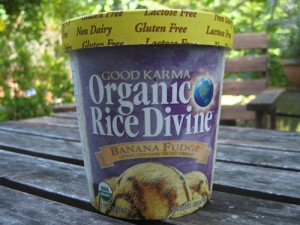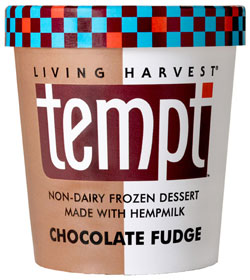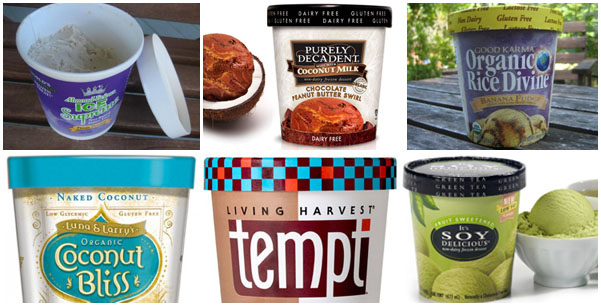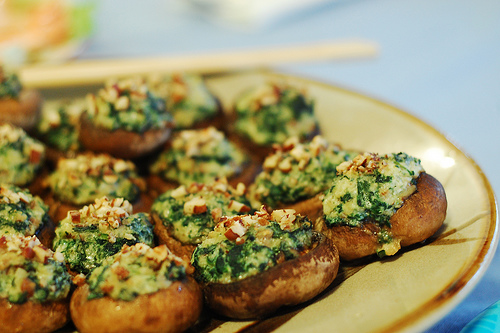Going vegan doesn’t have to mean giving up your gain goals. Most people believe that it is impossible to build an impressive body without eating animal foods, but it’s totally doable. Like with any diet, the keys are variety and getting enough calories. When you’re doing intensive training, you need more calories. When you’re vegan, you just get these calories from plant-based foods.

Think that you can’t possibly build lean muscle on a vegan diet? Ask bodybuilder Robert Cheeke or Bears defensive end David Carter – aka the 300 Pound Vegan – where they get their protein.
Work around the demand for energy.
In bodybuilding and when doing intensive exercise routines such as HIIT, protein intake is vital. Chris Willitts explains on Vegan Bodybuilding, “eating three to six meals per day with each meal containing 0.4-0.5 grams of protein per kilogram of bodyweight before and after weight training maximizes gains at the gym.”
For bodybuilding, it is important to have a high-protein diet to lose fat and build muscles. On a vegan diet, you’ll get your protein from beans, nuts, and other plants. It can be hard to eat enough calories on a vegan diet, since plant foods tend to be naturally less calorically dense than animal foods, but you can still bodybuild or do HIIT. Here are some tips to help you work around any dips in energy, if you’re having trouble getting enough calories:
- Decrease the workout session to about 30-35 minutes.
- Do cardio exercises when completely necessary and keep it at 15-20 minutes at low intensity, for about 2-3 sessions per week. Your cardio exercises could be biking, jogging or walking on the treadmill.
- The frequency and intensity of your HIIT workout should be lower. See to it that you take a protein shake from hemp, rice or soy at least 20 minutes before your cardio workout so that there will be no muscle loss.
- If you are lifting weights, it is better to work each body part once a week. Do it for less than 45 minutes. Do less reps when lifting heavy weights.
- Do 2-3 exercises for smaller groups of muscles and 3-4 exercises for the larger muscle groups.
- When doing core lift, limit the reps between 4 and 6.
Keep nutrition in check.
It is very important to keep a tight watch on your nutrition program to keep up with the demand for energy when doing HIIT. Here is a suggested nutrition plan:
Eat frequent but small meals. Vegan bodybuilder Jeremy Lapro suggests that you eat 6-8 times a day, which translates to about a meal every 2-4 hours. The meal should be complete, which equates to having complex and low-glycemic carbs, good fats, and proteins, plus enough calories. This will ensure that your fat-burning capabilities and metabolism increase while leaving enough reserves for muscle growth and faster recovery after exercise.
Get enough protein. It is necessary for people who do intensive physical training to have enough protein in their diet. The formula is the same – 1 gram per pound of bodyweight in grams of protein, meaning if you weigh 180 pounds, you should take 180 grams of protein each day. The intake should be divided or distributed within the day, therefore if you take 6 meals per day, you should have 30 grams of protein with each meal. Vegan protein shakes, like this one from Vega can help bridge the gap, if you find yourself falling short on protein.
Editor’s Note: While there is evidence that this level of protein intake helps build muscle, it is not recommended for anyone who isn’t intensively bodybuilding. There is also strong evidence that eating too much protein is bad for our long-term health.
Eat enough complex carbohydrates. Get your carbs from whole-grain breads and cereals, which will also provide you with fiber and additional protein. Low-glycemic carbs help to keep your blood sugar at the right levels.
Get enough calories and fats. A vegan diet can be low in calories and fat, but it doesn’t have to be. Load up on healthy, plant-based, high-fat foods like nuts, seeds, avocado, coconut, and olive oil. Soy foods – like tofu and tempeh – are also a good way to add fat and protein to your diet. Don’t worry, soy’s bad rep is undeserved.
Vegans can still gain muscle, as thousands of vegan athletes will tell you. The most important thing is to understand what your body needs and supply it with the necessary nutrients by choosing foods that are calorically- and nutritionally-dense. Once you get used to getting your calories and protein from plants, you’re on your way to plant-based gains.
This article was sponsored by Les Mills; Creative Commons photo by midiman.
